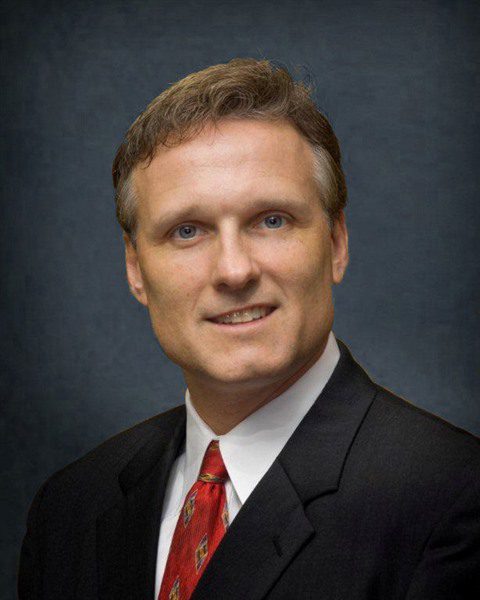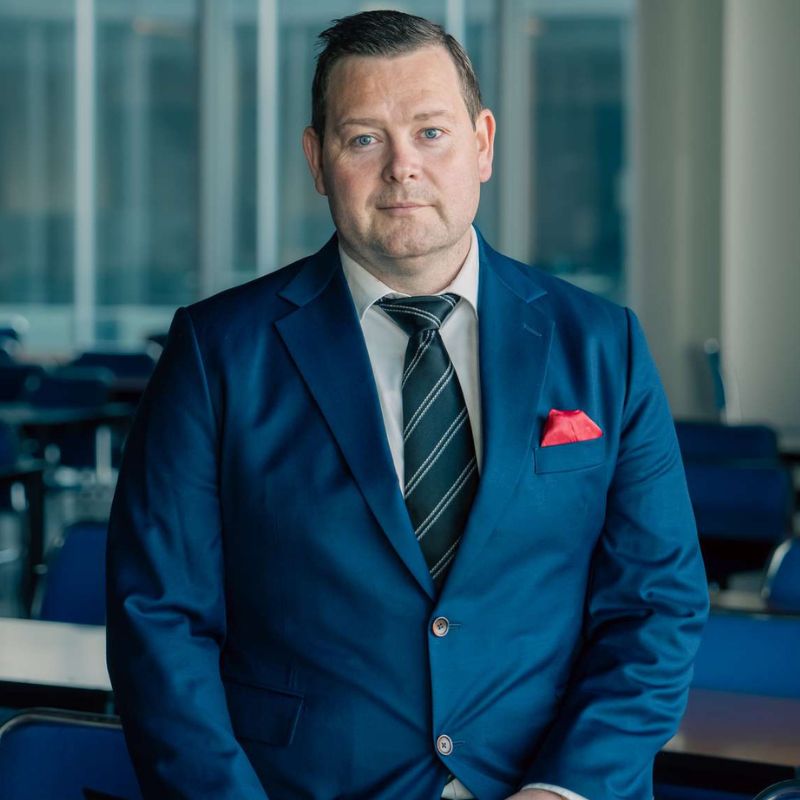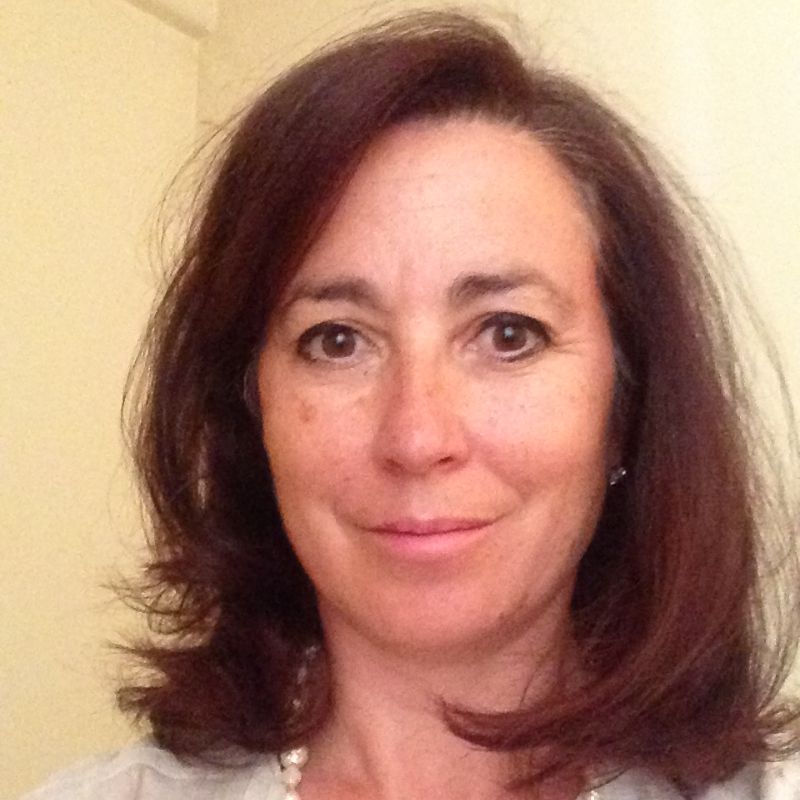Reykjavík, Iceland
Legal Ethics Under Northern Lights
September 14-20, 2024
8 CLE Hours (4 Ethics)
Experience Northern Lights, Viking history, and the Lagoon.
September 14-20, 2024
CLEs take place on Mon & Wed
Hotel Reykjavík Grand, situated in Reykjavík’s business district, offers a blend of style and comfort with amenities like a fitness center, spa, non-smoking rooms, free WiFi, lounges, a bar, and a restaurant. Its sleek interiors and friendly staff ensure a warm, enjoyable stay. Added conveniences include free parking for guests with cars. Furthermore, the hotel is proud to meet the Nordic Ecolabel standards, emphasizing its commitment to environmental and quality excellence.
Hotel Reykjavík Grand Hotel – Sigtún 28, 105 Reykjavík
50 km from Keflavik International Airport (KEF)
Visit the area at your leisure.

Kirk Caraway is a Member of the Multi-Million Dollar Advocates Forum. He is also a lifetime member of Trial Masters, an organization of attorneys who have tried over 35 cases to verdict. He has substantial experience on all aspects of trial law and practice, from voir dire to cross-examination. From personal injury law to workers’ compensation and employment rights.

Hafsteinn Dan Kristjánsson is a professor of law at the University of Reykjavík and Stipendiary Lecturer at St Anne’s College, University of Oxford. Dr. Kristjánsson received his LLM from Harvard law school and his DPhil in Jurisprudence from the University of Oxford. He served as Deputy to the Parliamentary Ombudsman in Iceland for four years and has written extensively on administrative law.

Maria Elvira Mendez Pinedo is a full tenured professor of European law at the University of Iceland, institution she joined in 2007. She holds a Doctorate in Law (Universidad Alcalá de Henares, 1997), a diploma in international law (Mc George School of Law, Sacramento, California, 1991), a postgraduate Masters in European law (Université Paris II Sorbonne-Assas, 1991) and a 5 year degree in law (Universidad Complutense Madrid, Spain, 1989). She has been a research fellow of several leading universities (European University Institute. Fiesole. Italy, Harvard University and Tufts University, Cambridge and Medford, Massachusetts. USA with a grant given by Rotary International Foundation).
She has experience working as an officer/civil servant for the European Union (European Commission. Luxembourg. Publications Office. Head of Sector Consolidation, Official Journal and DG Health and Consumers (SANCO). European Parliament. Luxembourg. DG Research.
At the Faculty of Law of the University of Iceland she is responsible of teaching and research in the field of European Union law, European Economic Area law and Economic International law.
ARRIVAL
Transportation from airport to hotel provided
Upon your arrival in Reykjavík, take some time to unwind and explore at your leisure. Wander the streets and don’t hesitate to ask for directions to the best local seafood or a cozy café for Icelandic pastries.
7:00 p.m.
Informal meet and greet at the Miðgarðu
Join us and your fellow travelers for a one-hour exclusive welcome reception in Reykjavík. It’s a fantastic opportunity to socialize, exchange your first impressions of this captivating city, and form connections that will endure. Each guest will be treated to a complimentary beverage along with a selection of delectable snacks.
9:00 a.m.
Depart the hotel for a day tour of the Golden Circle
We will visit three main attractions: Thingvellir National Park, a site of geological and historical significance; the Geysir Geothermal Area, with its active geysers, and the majestic Gullfoss Waterfall. This route encapsulates the stunning natural beauty and unique geological features of Iceland. Lunch is included.
8:00 a.m. - 10:00 a.m.
Jury Selection – Create a “Partial” Jury
Kirk Caraway, Former President, Memphis Bar Association
Hear from Kirk Caraway, Member of the Multi-Million Dollar Advocates Forum, how to vet and pick the right jury. Among other topics, Kirk will discuss the myths and truths about jury selection, how to identify potential jurors who are bad for your case, and tips for how to establish credibility with jurors during the jury selection process. You will also be provided with a fact pattern concerning a fictional car wreck case, and given sample questions to ask from the defense perspective.
10:00 a.m. - 10:15 a.m.
Break
10:15 a.m. - 11:15 a.m.
Diversity, Inclusion and Non-Discrimination in European Law: General principles in European Union and European Economic Area Law (2 Ethics)
Dr. Prof. M. Elvira Mendez-Pinedo
Article 19 of the Treaty of Functioning of the European Union (TFEU) was born in 1997, empowering the Council (of the Union) to take action to deal with discrimination on grounds of racial or ethnic origin, religion or belief, age, disability or sexual orientation. In 2003, this article was amended to allow the adoption of incentive measures. In 2009, the Charter of Fundamental Rights of the EU entered into force, including several articles on equality and non-discrimination. In 2011, for the first time in history, the EU became a party to an international human rights treaty, the UN Convention on the Rights of Persons with Disabilities (UNCRPD). The official proclamation in 2017 of the European Pillar of Social Rights reaffirmed the principles of non-discrimination, gender equality and equal opportunities in the EU.
The EU has adopted several directives in this area that are also in force in the European Economic Area. In this session we revise the main principles set by this legislation (1 h theory) and see a couple of cases from the Court of Justice of the European Union where the principle of non-discrimination affects lawyers and legal firms working in Europe (1 h practice).
11:15 a.m. - 11:30 a.m.
Break
11:30 a.m. - 12:30 p.m.
Continuation of .... Diversity, Inclusion and Non-Discrimination in European Law: General principles in European Union and European Economic Area Law
Dr. Prof. M. Elvira Mendez-Pinedo
Article 19 of the Treaty of Functioning of the European Union (TFEU) was born in 1997, empowering the Council (of the Union) to take action to deal with discrimination on grounds of racial or ethnic origin, religion or belief, age, disability or sexual orientation. In 2003, this article was amended to allow the adoption of incentive measures. In 2009, the Charter of Fundamental Rights of the EU entered into force, including several articles on equality and non-discrimination. In 2011, for the first time in history, the EU became a party to an international human rights treaty, the UN Convention on the Rights of Persons with Disabilities (UNCRPD). The official proclamation in 2017 of the European Pillar of Social Rights reaffirmed the principles of non-discrimination, gender equality and equal opportunities in the EU.
The EU has adopted several directives in this area that are also in force in the European Economic Area. In this session we revise the main principles set by this legislation (1 h theory) and see a couple of cases from the Court of Justice of the European Union where the principle of non-discrimination affects lawyers and legal firms working in Europe (1 h practice).
10:00 a.m. - 2:40 p.m.
Depart for the Blue Lagoon
We will start with a 45-minute drive and enjoy the Comfort Package and have lunch at the Lava Cafe.
8:00 a.m. - 9:00 a.m.
Iceland and Europe. Thirty years of cooperation through the European Economic Agreement instead of supranational integration in the EU.
Presented by: Dr. Prof. M. Elvira Mendez-Pinedo
Iceland, Norway and Liechtenstein participate in the European legal order thanks to the Agreement on the European Economic Area. This international treaty is based on a two-pillar structure (the European Union (EU) on the one hand, and three States of the European Free Trade Association (EFTA)-EEA on the other. The cooperation and participation in the European internal market (and other policies) has transformed the legal, political and economic environment of Iceland and Norway over the last 30 years. In this sesión we review the experience of this successful European experiment while, at the same time, learning on the most important general principles of this legal system. (quasi primacy of European law over national law in case of conflict and State liability for breach of EEA Agreement).
We will also discuss how the challenge of this agreement for Iceland and Norway remains the same after 30 years: to reconcile two very different models: supranational integration (EU) vs. intergovernmental cooperation (EEA). In fact, the EEA framework is a pragmatic compromise to preserve their sovereignty but ensuring reciprocity and the legislative and judicial homogeneity of the system as well as the rights of citizens and economic operators.
9:00 a.m. - 9:15 a.m.
Break
9:15 a.m. - 10:15 a.m.
Legal Ethics in Europe: The Voice and Experience of European Lawyers (2 Ethics)
Dr. Prof. M. Elvira Mendez-Pinedo
The Council of Bars and Law Societies of Europe (CCBE) proposed in 2021 a new Code of Conduct for European Lawyers (initially adopted on 1988). It is a set of common rules which apply to all lawyers from the European Union, the European Economic Area, the Swiss Confederation and the United Kingdom, no matter the Bar or Law Society they belong to… when they engage in cross- border practice in Europe. The code is a coherent set of deontological and legal ethics rules dictated by the interests of the client, and which comply with European law.
We first learn about the articles of the Model Code of Conduct (theory and territorial scope of application) and we then do some practice (case-study). The aim is to clarify their meaning to facilitate their application in concrete cases when lawyers work beyond their jurisdiction in other European countries.
10:15 a.m. - 11:15 a.m.
Continuation .... Legal Ethics in Europe: The Voice and Experience of European Lawyers
Dr. Prof. M. Elvira Mendez-Pinedo
The Council of Bars and Law Societies of Europe (CCBE) proposed in 2021 a new Code of Conduct for European Lawyers (initially adopted on 1988). It is a set of common rules which apply to all lawyers from the European Union, the European Economic Area, the Swiss Confederation and the United Kingdom, no matter the Bar or Law Society they belong to… when they engage in cross- border practice in Europe. The code is a coherent set of deontological and legal ethics rules dictated by the interests of the client, and which comply with European law.
We first learn about the articles of the Model Code of Conduct (theory and territorial scope of application) and we then do some practice (case-study). The aim is to clarify their meaning to facilitate their application in concrete cases when lawyers work beyond their jurisdiction in other European countries.
11:30 a.m. - 12:30 p.m.
What Do We Do With the US Supreme Court’s New “Major Questions” Doctrine?
Hafsteinn Dan Kristjánsson, Professor of Law at the University of Reykjavík
In 2022 the US Supreme Court created a new doctrine, the “Major Questions Doctrine,” which will change the way courts consider many rulings. The Doctrine requires that any big policy change needs explicit approval from Congress. We’ll hear from Prof. Kristjánsson, who teaches at University of Iceland and lectures at University of Oxford. As the former Deputy to the Parliamentary Ombudsman in Iceland, he’s written extensively on administrative law.
Time TBA
Whale Watching Tour
Embark on an unforgettable Whale Watching tour aboard one of Iceland’s largest whale-watching boats. This excursion offers a unique opportunity to witness Iceland’s abundant and vibrant bird life, and an array of marine wildlife. You’ll have the chance to see a variety of sea creatures, including the graceful minke whales, majestic humpback whales, playful harbor porpoises, and the sociable white-beaked dolphins, among other species of whales. This tour is a perfect way to experience the diversity of life in Iceland’s waters.
Morning
Departure
Time to head home.
Airport shuttles provided.
One Traveler
$5,900
Two Travelers
$9,900
We'll secure CLE credit approval in your state AFTER you register.
If you register less than 45 days before the conference we'll instruct you on how to secure credit yourself.
Specialized credits are based on our assessment of their qualifications, subject to your state's approval.